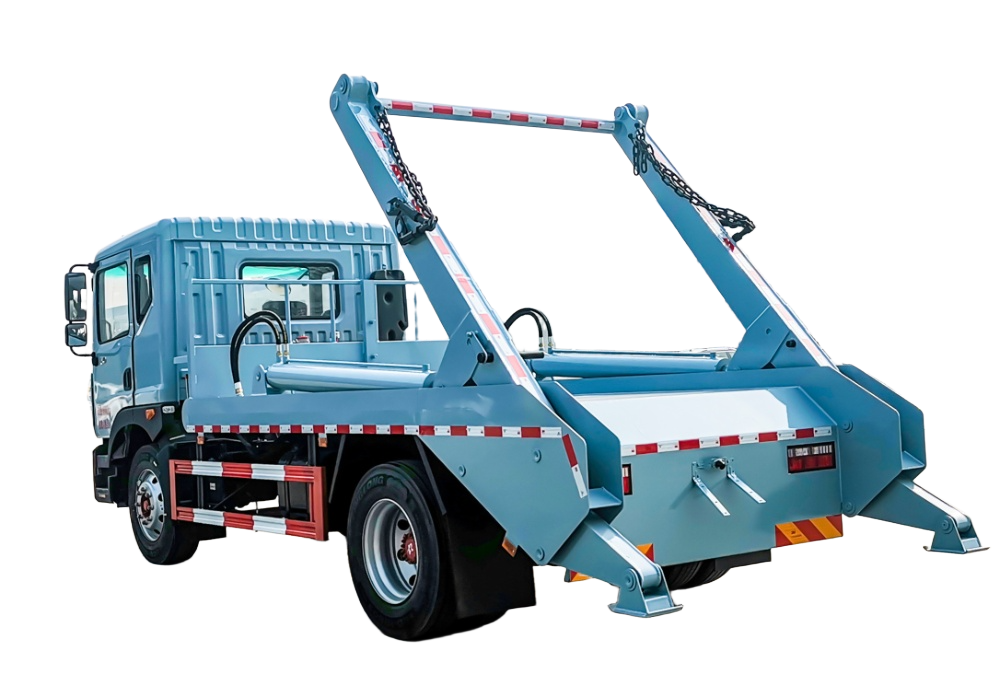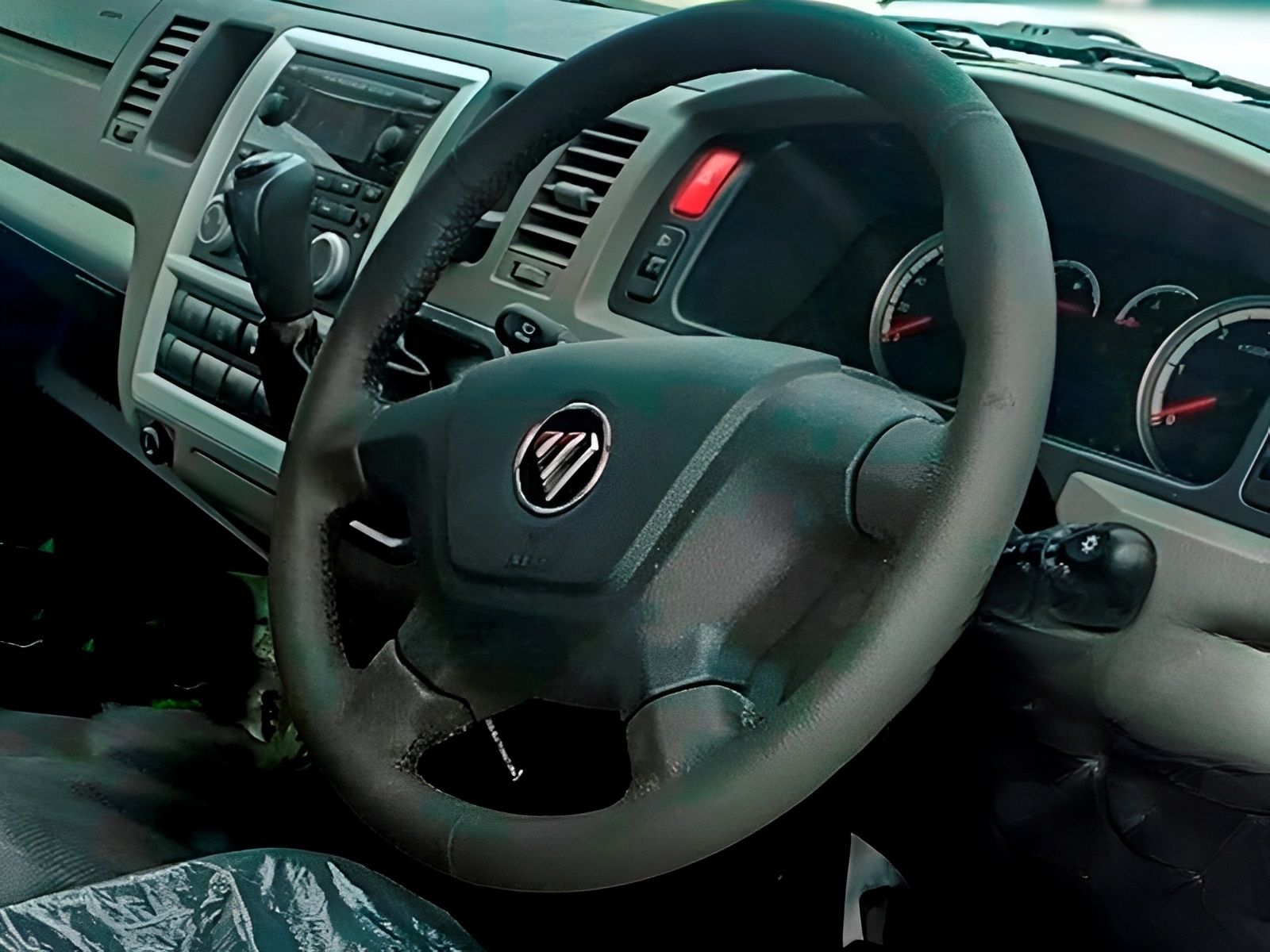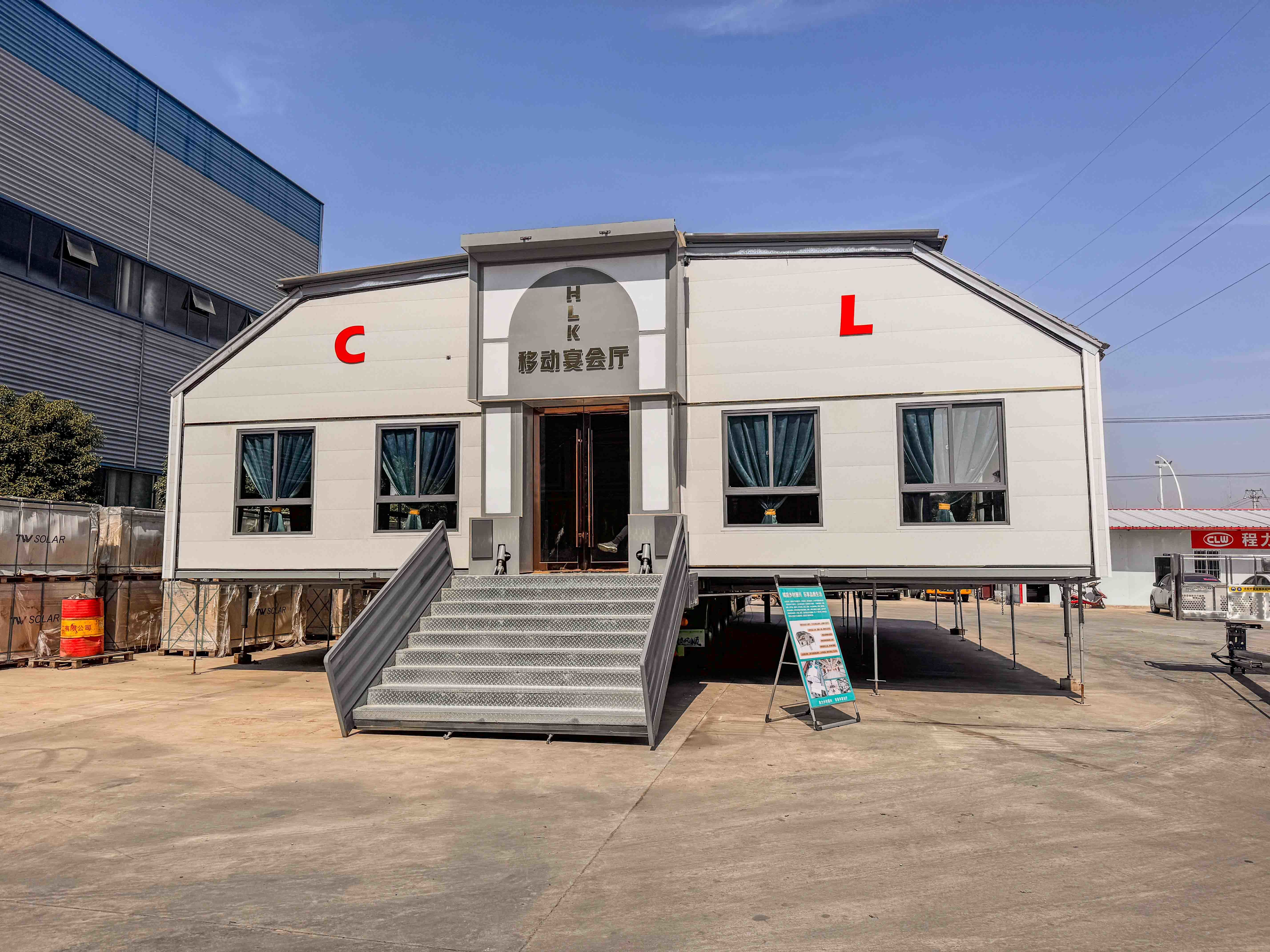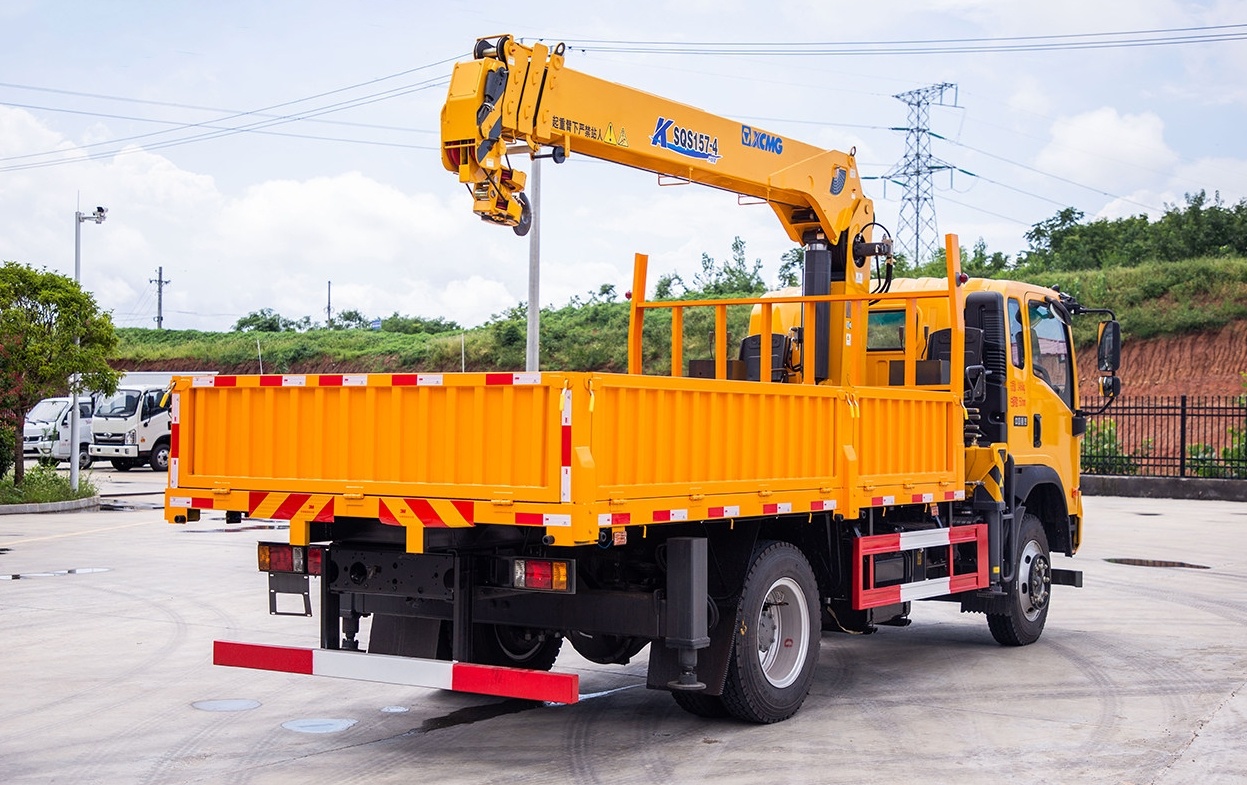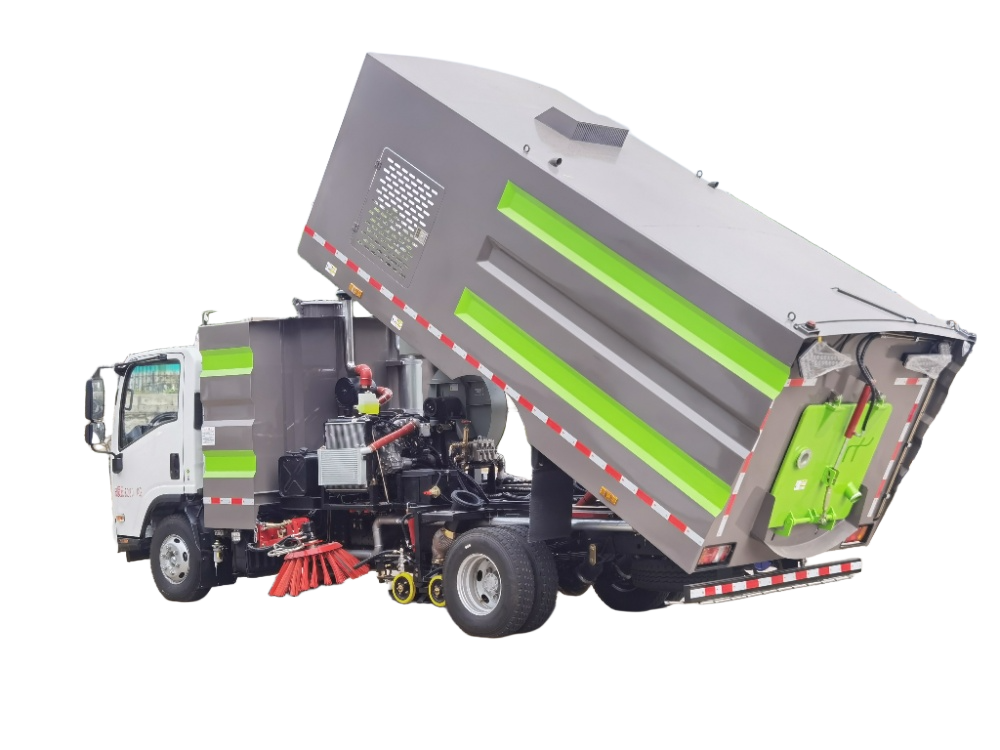Hydraulic System Failures Costing You Money? How to Eliminate 90% of Breakdowns
Introduction
Hydraulic system failures represent the most troublesome operational challenge for special vehicle operators, yet preventing hydraulic system failures demands careful evaluation of five critical factors. This comprehensive analysis examines contamination control (responsible for 70% of all failures), seal integrity management, temperature regulation, pressure optimization, and maintenance protocols. While both preventive and reactive approaches deliver protection, advanced filtration systems excel in contamination elimination and cost reduction, whereas predictive maintenance dominates through real-time monitoring and failure prevention.
We dissect critical trade-offs—from oil cleanliness standards to component selection—using performance data from 30,000+ vehicles across 80 countries and proven benchmarks. Whether prioritizing Chengli’s intelligent filtration technology or integrated monitoring systems, our data-driven guide equips you to eliminate costly breakdowns. As China’s leading special vehicle manufacturer with 20+ years excellence, Chengli Group provides uniquely qualified insights into hydraulic system reliability.
Primary Problem Analysis
Oil Contamination: The Silent Killer of Hydraulic Systems
Oil contamination accounts for approximately 70% of all hydraulic system failures, creating a cascade of expensive problems that can shut down operations for days. Key contamination sources include water ingress during operation, particulate matter from component wear, chemical degradation from extreme temperatures, and external contaminants entering through inadequate sealing.
Water contamination poses the most immediate threat, causing rapid corrosion of precision components and reducing oil viscosity by up to 40%. Even 0.1% water content can decrease component life by 50%, while accelerating oxidation and creating acidic compounds that attack metal surfaces. Particulate contamination follows closely, with particles as small as 5 microns causing significant wear on pumps, valves, and cylinders.
Chengli’s Advanced Filtration Solution eliminates these issues through:
- Multi-stage filtration: 150-micron pre-filter, 25-micron primary filter, 3-micron return filter
- Automatic water separation with heated reservoir and moisture sensors
- Real-time oil condition monitoring with conductivity and particle counters
- Breather caps with silica gel desiccant for atmospheric protection
Seal Failures: Breaking the Weakest Link
Hydraulic seal failures account for 20% of system breakdowns, often occurring without warning and causing catastrophic fluid loss. Primary failure modes include extrusion under high pressure, chemical degradation from incompatible fluids, thermal cycling damage, and installation errors during maintenance.
Traditional rubber seals fail at temperatures above 80°C or below -20°C, creating seasonal reliability issues. Pressure spikes during operation can exceed seal design limits, causing immediate failure and contaminating the entire system with debris.
Chengli’s High-Performance Sealing Technology addresses these challenges:
- Premium fluorocarbon seals rated for -40°C to +200°C operation
- Pressure relief circuits preventing spike damage beyond 350 bar
- Backup ring systems providing extrusion protection
- Quick-disconnect fittings enabling rapid seal replacement without system drainage
System Design Optimization
Intelligent Pressure Management
Excessive pressure represents a critical failure mode that damages multiple components simultaneously. Poorly designed circuits create pressure intensification, inadequate relief valve sizing, and thermal expansion issues that stress the entire system.
Our engineering solution incorporates:
- Load-sensing hydraulic systems reducing energy consumption by 30%
- Proportional pressure relief valves with electronic feedback
- Accumulator sizing calculations optimized for specific applications
- Temperature compensation preventing pressure drift
Predictive Maintenance Integration
Traditional maintenance relies on scheduled intervals that often miss developing problems. Chengli’s Smart Monitoring System provides continuous health assessment through vibration analysis detecting pump wear, temperature monitoring identifying thermal issues, pressure trend analysis revealing developing restrictions, and oil analysis tracking contamination levels.
Success Case Analysis
Case Study: Municipal Fire Department – 95% Uptime Achievement
A major metropolitan fire department experienced frequent hydraulic failures on their aerial platforms, creating life-safety risks and $50,000 monthly repair costs. Traditional maintenance approaches failed to address root causes, resulting in emergency repairs and equipment downtime during critical responses.
Chengli’s comprehensive solution included:
- Retrofitting advanced filtration systems on 25 existing vehicles
- Implementing predictive maintenance protocols with wireless sensors
- Training technicians on proper hydraulic system diagnostics
- Establishing contamination control procedures for fluid handling
Results achieved after 12 months:
- Hydraulic failures reduced from 15 per month to 1 per month
- Emergency repair costs decreased by 85% ($42,500 monthly savings)
- Vehicle availability increased from 78% to 95%
- Technician confidence improved through enhanced training
Return on Investment Analysis
Cost-Benefit Analysis: Why Prevention Pays
The financial impact of hydraulic system failures extends far beyond repair costs. Direct costs include replacement parts, labor hours, emergency service calls, and fluid replacement. Indirect costs encompass lost productivity, missed deadlines, reputation damage, and operator overtime.
Chengli’s reliability improvement program delivers measurable ROI:
- Initial investment: $15,000 per vehicle for advanced systems
- Annual savings: $25,000 per vehicle in reduced failures
- Payback period: 7.2 months average across all applications
- 5-year NPV: $85,000 per vehicle with 12% discount rate
Implementation Guide
Phase 1: System Assessment and Planning (Week 1-2)
Comprehensive evaluation begins with detailed inspection of existing hydraulic components, fluid analysis to establish baseline contamination levels, pressure testing to identify system weaknesses, and thermal imaging to detect heat-related issues.
Our certified technicians perform non-invasive diagnostics using portable test equipment, providing detailed reports with prioritized recommendations and cost-benefit analysis for each improvement opportunity.
Phase 2: Component Upgrades and Installation (Week 3-4)
Strategic component replacement focuses on highest-impact improvements first. Priority sequence includes:
- Filtration system installation with bypass capabilities
- Seal replacement using premium materials
- Pressure relief valve calibration and upgrade
- Monitoring system integration with existing controls
Phase 3: Training and Documentation (Week 5)
Operator training ensures proper system utilization and early problem detection. Training modules cover:
- Daily inspection procedures and checklists
- Fluid handling best practices and contamination prevention
- Warning sign recognition and emergency procedures
- Basic troubleshooting and when to call for support
Phase 4: Ongoing Support and Optimization (Continuous)
Long-term success requires continuous monitoring and improvement. Chengli’s support program includes:
- Monthly remote monitoring reports with trend analysis
- Quarterly on-site inspections and system optimization
- Annual training refreshers and updates on new technologies
- 24/7 emergency support with 2-hour response guarantee
Technical Guarantees
Performance Guarantees and Warranties
Chengli Group stands behind our hydraulic system solutions with industry-leading warranties and performance guarantees. Our commitments include:
- 90% failure reduction guarantee within 12 months
- 3-year warranty on all Chengli hydraulic components
- 48-hour emergency response anywhere in the world
- Full refund if performance targets aren’t achieved
Global Support Network
With manufacturing facilities in China and service centers across 5 continents, Chengli provides unmatched support capabilities. Our network includes:
- Technical support in 15 languages
- Parts availability within 24 hours in major markets
- Certified service technicians in 45 countries
- Remote diagnostic capabilities via satellite connectivity
Ready to eliminate hydraulic system failures and reduce operating costs by 60%? Contact Chengli Group’s hydraulic experts for a complimentary system assessment and customized reliability improvement plan. Email: hydraulics@chengli.com | Phone: +86-722-3815888

